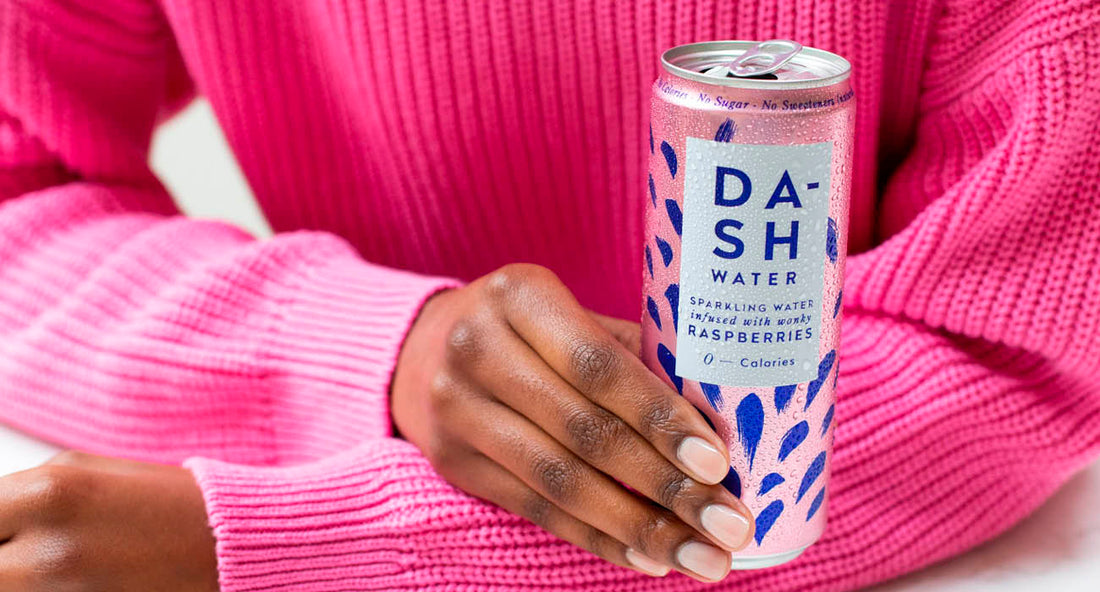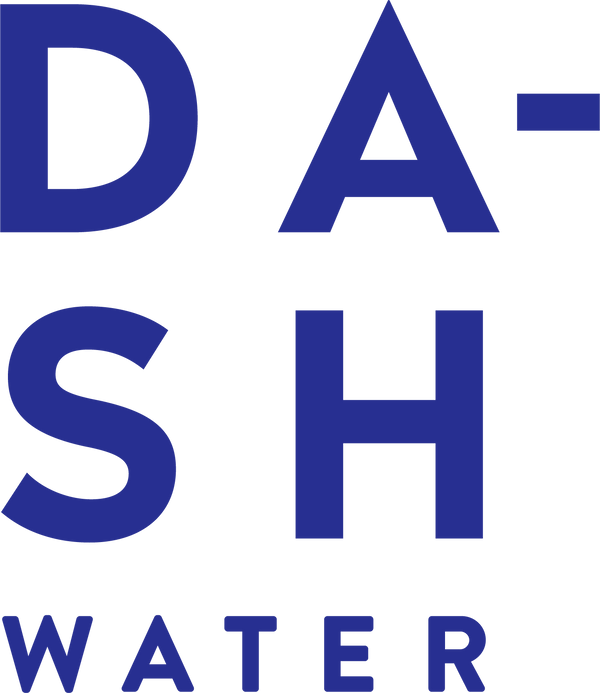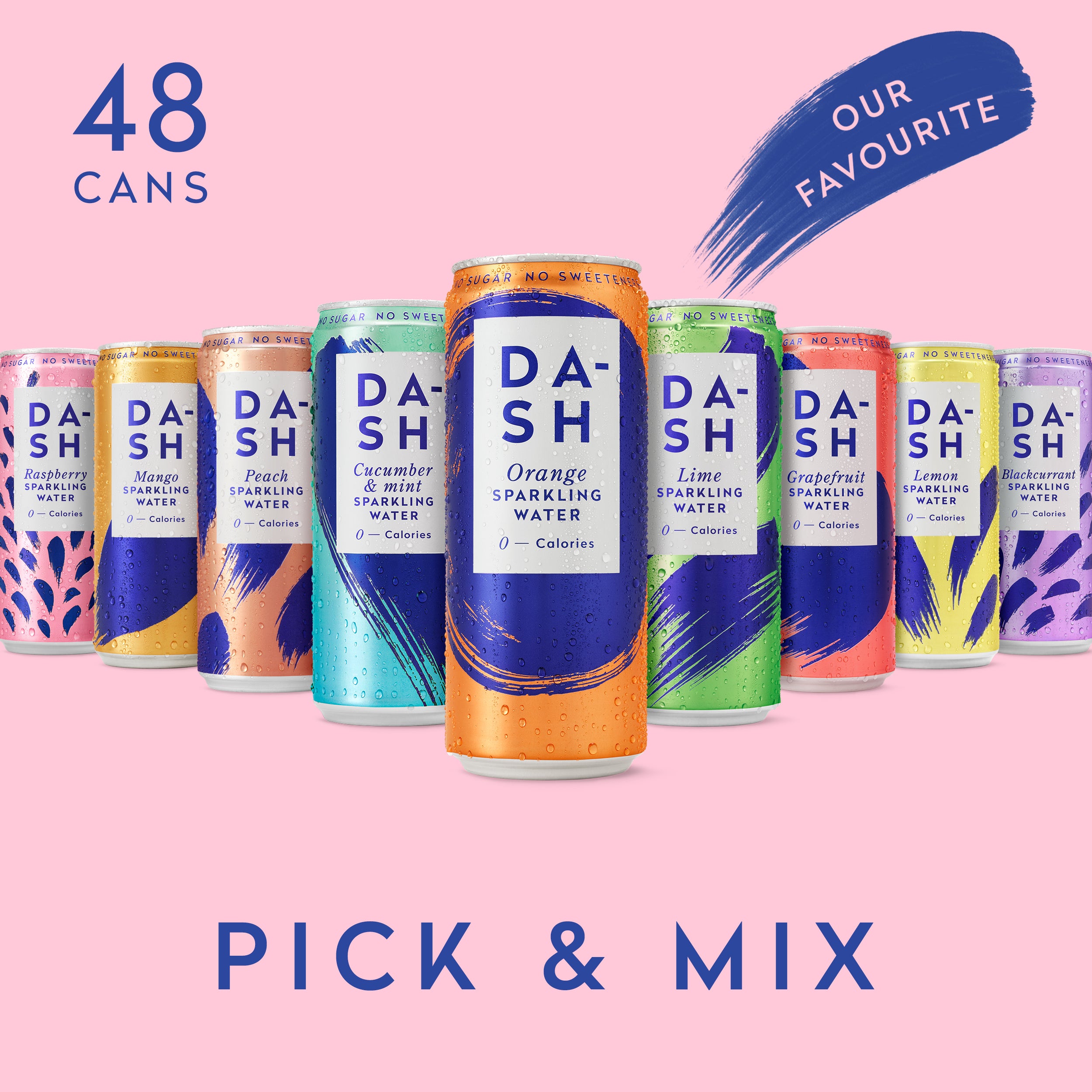
Can Sugar Cause Anxiety? Dr. Rebekah Jade Weighs In
In the hustle and bustle of daily life, many of us turn to sugary treats for a quick pick-me-up or a momentary escape from stress.
But as we indulge in these sweet treats, could we be inadvertently feeding another beast - anxiety?
While it's widely acknowledged that diet alone doesn't single-handedly cause anxiety, a burgeoning body of research is delving into the intricate relationship between what we eat and our mental well-being.
The prevalence of processed and sugary foods in everyday diets has skyrocketed, leading to concerns about the impact of our dietary choices on our mental health. While anxiety is a complex interplay of genetic, environmental, and psychological factors, emerging studies are shedding light on how our daily sugar intake might be stirring the pot of unease.
So, does sugar stoke the flames of anxiety? Could your water intake be affecting your mood? In this article, we spoke to medical doctor and wellness expert, Dr. Rebekah Jade, to get her expert opinion on the subject.
From energy spikes to mood swings, we explore how sugar might be amplifying anxiety symptoms.
Does Sugar Cause Anxiety?
While sugar itself doesn't directly cause anxiety, it can exemplify anxiety symptoms. Dr. Rebekah Jade explains:
“It's well reported that the prevalence of processed and sugary foods contributes to elevated sugar intake in many individuals in Western countries. Diet alone cannot cause anxiety, however there is a growing volume of research around the gut-brain connection and how our diet can impact our mental health.
While it's important to clarify that anxiety is not directly caused by diet alone, there are notable ways in which sugar can exacerbate anxiety symptoms. The body's response to sugar, including the energy spikes and crashes it induces, can mimic physical manifestations of anxiety, such as shaking and nervousness.
These fluctuations, often referred to as the "sugar roller coaster," may intensify existing anxiety in susceptible individuals. Moreover, research suggests that diets high in added sugars can disrupt blood sugar levels, potentially aggravating symptoms like fatigue and mood swings associated with anxiety.”
What Are the Best Foods and Drinks to Ease Anxiety?
Because there is a connection between the brain and gut, the good news is that there are certain foods and drinks that can soothe symptoms of anxiety. Research shows that adopting a healthy dietary pattern rich in fruits, vegetables, whole grains, lean proteins, nuts, and legumes, while limiting added sugars and processed foods, may help reduce the risk of anxiety disorders.
Staying properly hydrated is also crucial in managing anxiety. Dehydration can lead to a number of physical symptoms, such as headaches, fatigue, and difficulty concentrating, which can in turn exacerbate feelings of anxiety.
Ensuring you drink enough water throughout the day can help your body and mind function at their best, contributing to a sense of calm and well-being. The NHS acknowledges the importance of good hydration for overall health, including its positive impact on mood and energy levels, both of which are closely linked to anxiety management.
Expert Advice on Reducing Anxiety From Dr. Rebekah Jade
According to Dr. Rebekah, “Opting for a balanced diet rich in nutrient-dense foods can be beneficial for reducing symptoms of anxiety. Incorporating a colourful array of fruits and vegetables provides essential vitamins and minerals crucial for optimal brain function and nervous system health.
Prioritising complex carbohydrates such as whole grains supports sustained energy levels, and drinking water rather than sugary drinks, helps to mitigate the risk of energy crashes that may exacerbate anxiety symptoms.
While making minor dietary adjustments may not entirely alleviate anxiety, cultivating healthier eating habits can elevate the body's resilience to stress and improve overall well-being.”
Here are some of our favourite foods and drinks that may help ease anxiety:
- Fatty fish rich in omega-3 fatty acids, such as salmon, mackerel, and trout
- Leafy greens like spinach, kale, and Swiss chard
- Berries like blueberries, strawberries, and raspberries
- Whole grains such as oats, quinoa, and brown rice
- Nuts and seeds like almonds, walnuts, flaxseeds, and chia seeds
- Legumes including beans, lentils, and chickpeas
- Lean proteins like poultry, tofu, and lean cuts of beef or pork
- Herbal teas such as chamomile, peppermint, or green tea
- Water for hydration and avoiding sugary beverages
You can also explore our advice on tasty wellness drinks and detox drinks.
Which Foods and Drinks Are Worse for Anxiety?
Just like some foods and drinks can make you feel calmer, there are others that can make you feel jittery, irritable and dehydrated.
“Certain dietary choices can potentially exacerbate anxiety symptoms. For example, alcohol can disrupt hydration and sleep patterns, exacerbating anxiety related issues. Similarly, caffeine is a known central nervous system stimulant and excessive intake may manifest as restlessness and heightened unease, exacerbating feelings of anxiety.” Says Rebekah.
“Added sugars and refined carbohydrates, which are prevalent in processed snacks and sugary drinks, can disrupt blood sugar levels leading to mood swings and increased anxiety levels.”
Here are some of the foods and drinks we’d recommend avoiding if you suffer from anxiety:
- Alcoholic beverages, which can disrupt hydration and sleep patterns
- Caffeinated drinks like coffee, tea, and energy drinks, which can increase restlessness and unease
- Processed foods high in added sugars and refined carbohydrates, such as chocolate, pastries, and sugary cereals
- Sugary drinks like soda, fruit juices, and sweetened beverages
- High-fat and greasy foods, such as fried foods and fatty meats, which can cause discomfort and digestive issues that may exacerbate anxiety symptoms
So, in a nutshell, sugar isn't the sole villain behind anxiety, but it can crank up those jittery feelings. There are, however, plenty of tasty options out there to keep anxiety at bay. Think colourful plates loaded with veggies, whole grains for that steady energy, and sipping on sparkling water instead of sugary drinks.
By swapping out the not-so-great stuff for the good stuff, we can help fuel our bodies to feel better. So, here's to making smarter choices and giving anxiety a run for its money!
Want to know more about how sugar impacts your body? Why not take a look at the relationship between menopause and sugar levels for more information and expert advice on dealing with triggers. You can also find out how to stay properly hydrated with our guide to making sure you’re drinking enough water.


